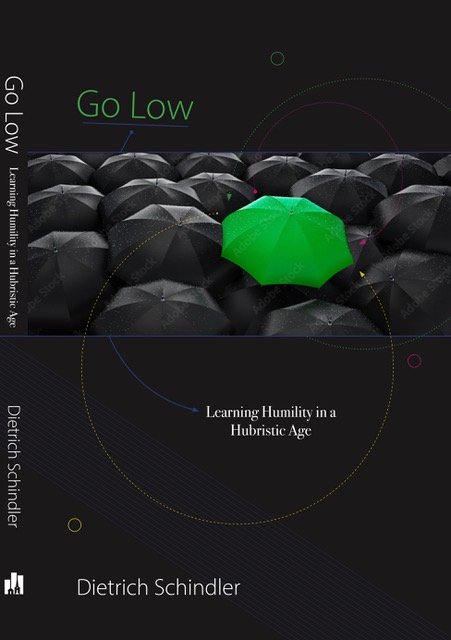Chapter Five - Giving Over
Chapter Five
Giving Over
May all of your expectations be frustrated,
May all of your plans be thwarted,
May all of your desires be withered into nothingness,
That you may experience the powerlessness and poverty of a child,
And can sing and dance I the love of God,
Who is Father, Son, and Holy Spirit.
- Brennan Manning, a Benediction[i]
She lit up the room wherever she went. Muriel was vivacious, cheerful, energetic, and wise. People were drawn to her effervescent personality, her spunkiness. Then things began to change. The program director at the local Christian radio station was one of the first to notice. While taping her weekly devotional, Looking Up, Muriel seemed befuddled. Either she repeated herself or there were uncomfortably long pauses in her presentation. Her husband Robertson got a call from the program director. A meeting of the two of resulted in the program director telling Robertson that he thought best to take the program off the air. When Robertson heard the reasoning behind his comments, things began to add up.
It began when during a vacation in Florida with another couple Muriel repeated a story that she had just told five minutes ago. It was Robertson’s first alarm that something was not right. Medical professionals were consulted, and they came to the frightening conclusion that Muriel was suffering from the onslaught of Alzheimer. At age 55 Muriel’s public ministry was over, no more conferences, TV, radio.
In the ensuing months the diagnosis was confirmed even as it was painfully being witnessed by those in the community of Columbia Bible College where Robertson was the president. It got so debilitating that Muriel succumbed to panic attacks when Robertson was no longer near her. Despite the assistance of a caregiver which allowed Robertson to continue his duties at the college, Muriel would break away and seek out her love. Then things became untenable. Muriel could no longer be constrained. She would walk from her home to see Robertson at his office on campus sometimes five times a day. So great was her drive to be with him that she would break into board meetings just to be near him.
Robertson had to come to a decision. It was either the college or Muriel. He could no longer shoulder both. As he told it, it was an easy decision to make. He relinquished (there we have that word again) his position as president of a prestigious educational institution to become Muriel’s full-time caregiver. His reasoning was communicated to the students in a chapel message he delivered, “The decision was made, in a way, 42 years ago when I promised to care for Muriel ‘in sickness and in health . . . till death do us part.’ So, as I told the students and faculty, as a man of my word, integrity has something to do with it. But so does fairness. She has cared for me fully and sacrificially all these years; if I cared for her for the next 40 years I would not be out of her debt. Duty, however, can be grim and stoic. But this is more: I love Muriel. She is a delight to me . . . “[ii]
For the next twenty years, as Muriel continued to descend into the abyss of her crippling illness, Robertson lovingly cared for her. In the end she could no longer speak, nor move, but needed to be fed, washed, and diapered like a baby.
Robertson’s deep love for Muriel is reflected in his book A Promise Kept, in which he writes “Twenty summers ago, Muriel and I began our journey into the twilight. It’s midnight now, at least for her. Sometimes I wonder when dawn will break. Even the dread Alzheimer’s disease isn’t supposed to attack so early and torment so long.
Yet, in her silent world Muriel is so content, so loveable, I sometimes pray, ‘Please, Lord, could you let me keep her a little longer?’ If Jesus took her home now, how I would miss her gentle, sweet presence. Oh yes, there are times when I get irritated, but not too often. It doesn’t make sense. And besides, I love to care for her. She’s my precious.”[iii]
The promise to love Muriel no matter what, was the impetus for Robertson to quite his presidency to engage fully with his wife as her caregiver. In doing so out of love, Robertson engaged his will.
We do not always live up to our profession of faith, but we always live up to what we believe. Though it may sound confusing, it really is quite simple. Faith is seen in behavior. What we truly believe is reflected in observable activity. The will is the muscle of faith. Much like Jesus, Robertson’s love was seen in his response to adversity, “Father, if you are willing, take this cup from me; yet not my will but yours be done.” (Lk 22: 42, NIV).
In going low, in his heart the will of the Father was cojoined with the will of the Son. This was why Jesus descended in the first place, “I have come down from heaven not to do my own will, but the will of him who sent me.” (Joh 6: 38, NIV).
[i] James Bryan Smith, Rich Mullins: An Arrow Pointing to Heaven. Downers Grove: InterVarsity Press, 2000, 120.
[ii] Robertson McQuilken, A Promise Kept. Wheaton: Tyndale House Publishers, 1998, 22-23.
[iii] Ibid, 85.
